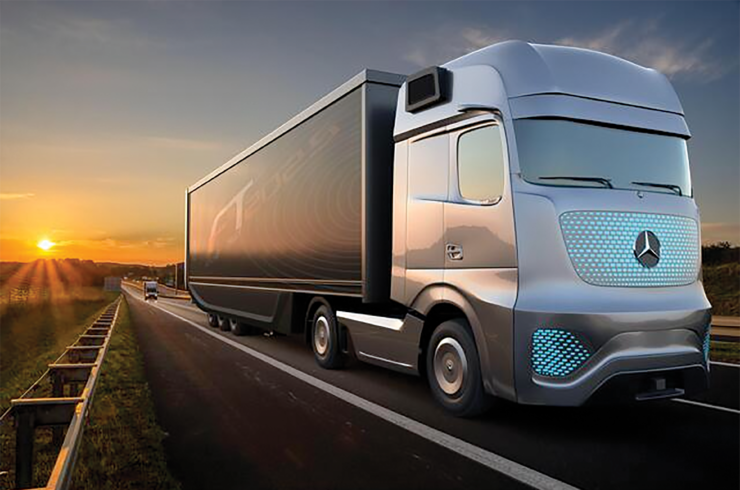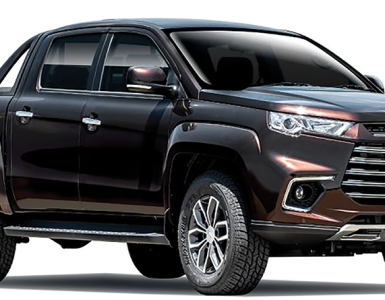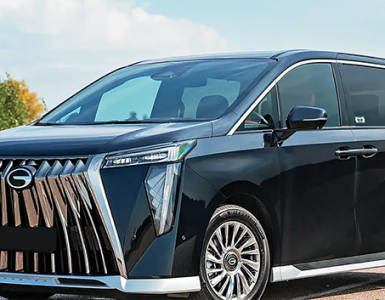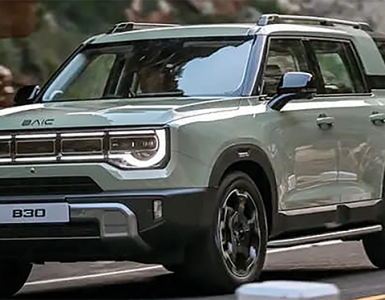PREMIUM MODEL: From the bygone era of mechanical trucks to the dawn of the modern era of computerised trucks produced locally in East London
By Ali Mphaki
There is no obscuring the fact that the Mercedes-Benz Actros’ three-pointed star has been shining immaculately for 25 years in South Africa for the long-distance and distribution haulage.
Exactly 25 years ago, Mercedes-Benz Trucks launched its first generation Actros – an industry-first computerized truck specifically for long-distance and distribution haulage.
Since then four more Actros generations have been produced from the Daimler Truck Southern Africa (DTSA) assembly plant in East London and have continued in the last quarter of a century.
Remarkable is that throughout its history, the Mercedes-Benz Actros premium model series has become one of the true success stories globally.
Proving this notion, each Actros generation has won the title of “International Truck of the Year”.
The accolade is bestowed by top commercial vehicle journalists from all around the globe to the truck that makes the biggest contribution towards road transport innovation, which is advantageous to the efficiency, emissions, safety, drivability, and comfort of vehicles.
The first generation Actros officially set foot in South Africa in 1998 as the first-ever computerized truck with innovative features such as the Electronically Controlled Air Brake System with Disc Brakes on both front and rear axles as well as the introduction of the Controller Area Network (CAN) Technology for the chassis and drivetrain.
In 2004, the second generation Actros made its debut in South Africa offering the first automated transmission as a standard option to customers.
This generation came loaded with industry-leading features such as Adaptive Cruise Control, Lane Keeping Assist, and a new stowage concept which saw the second generation getting the nod from the industry as the International Truck of the Year 2004.
In 2009, the third generation Actros, with its fresh-looking yet powerful design took center stage in South Africa as the first truck that introduced Fleetboard to customers, an in-house premium telematics system.
All the information is at your fingertips with services such as Trip Records, Performance Analysis, Mapping, Reports, and 30-second tracking which ultimately contributes to added savings in the long run.
In that very same year, this generation Actros won the Guinness World Record as the most fuel-efficient 40-tonne truck in the world. In addition it also won the International Truck of the Year 2009. Winning the accolade for the third time.
In 2018, a completely new Mercedes-Benz Actros from its predecessor hit South African soil, setting new standards for Road Efficiency, because efficiency is the sum of the details: Low Total Costs, Greater Safety, and Maximised Use.
The fourth generation Actros came and took efficiency to a whole new dimension with the introduction of a Euro V emission engine variant for the first time. Globally, the fourth generation Actros was launched in 2012 and was recognised as the International Truck of the Year 2012.
The year 2020 marked an industry-defining era for the South African market, when Mercedes-Benz Trucks introduced its ground-breaking fifth generation Actros under the claim “Everyone talks, one delivers. The new Actros.”
This is the first truck that took technology to the next level with the replacement of conventional main and wide-angled mirrors with MirrorCam, a camera system that plays a major role in safety and manoeuvrability.
In the same year, for the fifth time, the Mercedes-Benz Actros reigned supreme as it was crowned International Truck of the Year 2020, cementing its position once again as the most innovative and fuel-efficient truck in the world.
Whichever you look at it, this is a significant trucking milestone.
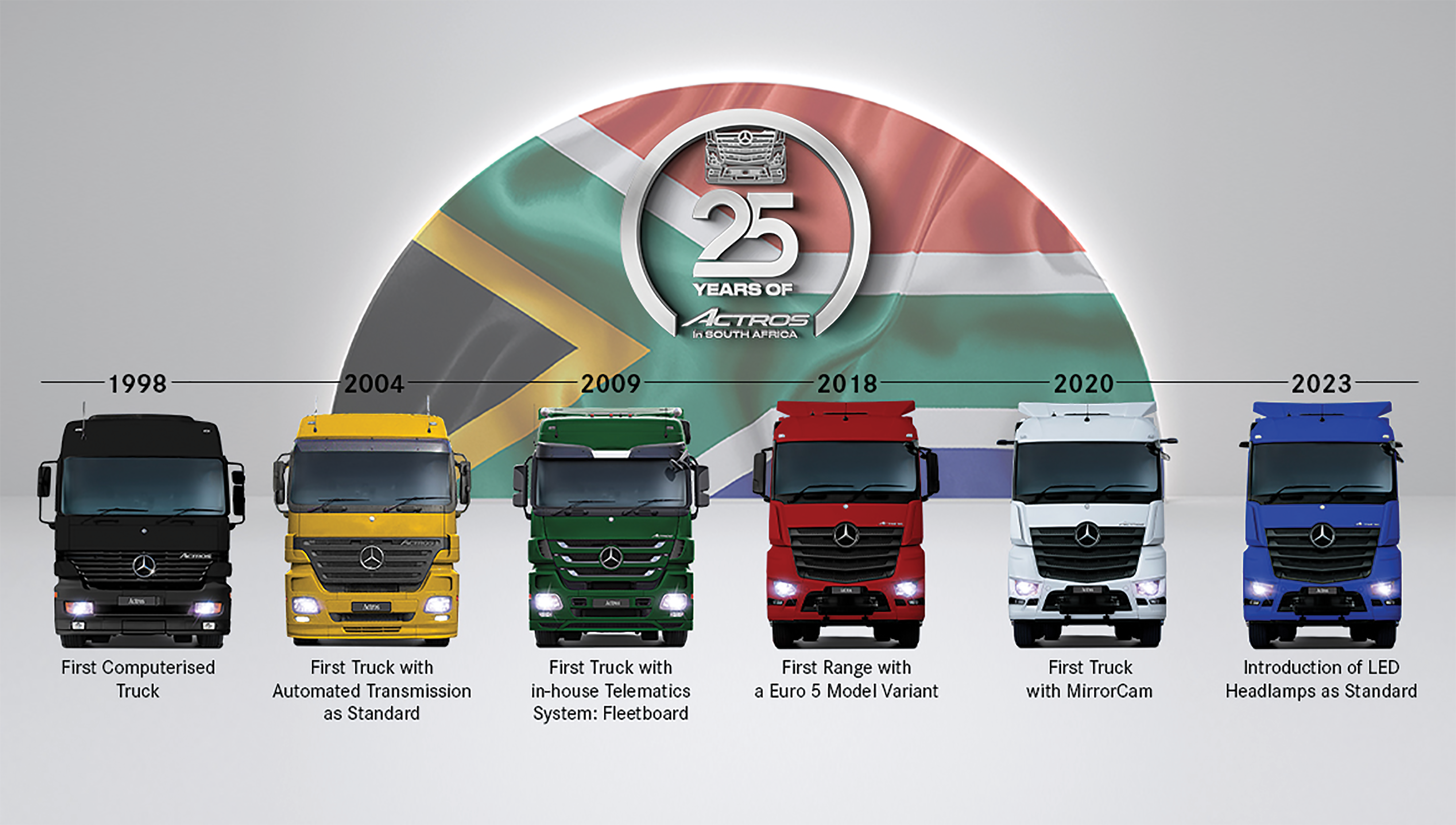
motoring:
Briefs
BMW FIRST PLUG-HYBRID VEHICLES IN SA FROM 2024
Aligning with the 50th-anniversary celebrations of BMW Plant Rosslyn, the automaker has just announced that it will be investing R4,2 billion into the facility to become the first producer of plug-in hybrids in South Africa with the next-generation X3.
The next generation of the X3 will be produced with a plug-in hybrid derivative from 2024 on and the firm intends on ensuring Rosslyn, the first production plant established outside of Germany remains with the evolving times and becomes a contributor to growing demand for the NEV model.
Dr Milan Nedeljković, Member of the Board of Management of BMW AG who also chairs the Board of Management for BMW Group South Africa announced this momentous stride for the local automotive sector today, the 28th of June 2023.
AEB MANDATE PROPOSED FOR U.S. TRUCKS
U.S. regulators are looking to require automatic emergency braking (AEB) systems on heavy vehicles in a bid to reduce the number and severity of rear-end crashes.
News of the initiative emerged June 22 in a Notice of Proposed Rulemaking from the U.S. National Highway Traffic Safety Administration (NHTSA) and Federal Motor Carrier Safety Administration (FMCSA).
NHTSA says heavy vehicles are the striking vehicle in 60,000 rear-end crashes a year — about 11% of all crashes involving heavy vehicles. The proposed rule would annually prevent an estimated 19,118 crashes, save 155 lives, and prevent 8,814 injuries, according to its estimates.
A similar rule proposed to require AEB systems in passenger vehicles and light trucks is expected to save 360 lives a year and reduce injuries by at least 24,000 annually.
Under the proposed standards, the technology would need to work between 6 and 50 mph (10 and 80 km/h).
SA’S LEBOMBO BORDER DELAYS
It has become a regular occurrence for trucks, mostly tippers carrying ore, to queue two abreast on the N4 into Mozambique. Constrained cargo processing at South Africa’s Lebombo border with Mozambique resulted in a backup queue of about 9.6 kilometres this morning, a clearing and forwarding agent based in Komatipoort has said.
According to Newton branch manager Mike Barlow, the queue had formed a double lane of trucks waiting to cross, standing two abreast on the N4 highway from the gate of the border control zone..
“Trucks that have been waiting to get into Mozambique since last week Wednesday only managed to get through over the weekend. On average it took at least four to five days for loads to be processed.”
CAMERAS FOR REVVING ENGINES AND GUNFIRE EXHAUSTS
AUSTRALIA; Noise-detecting cameras will be trialled around Sydney’s Bayside area in an effort to curb hooning, with at least one MP advocating for the cameras to be tested right across the city.
The pilot program announced last week will see portable cameras placed around the local government area encompassing Sandringham, Brighton-Le-Sands, Botany and more, to record noise levels and capture number plates of offending vehicles.
The number of cameras and noise thresholds involved are not yet confirmed, but New South Wales rules limit emissions to 90 decibels for most cars, and 94 for motorbikes. The cameras will feature advanced microphones designed to pinpoint a noise source and capture video and audio, automatically notifying camera operators.
“Residents across my electorate are frustrated beyond belief by revving engines and gunfire exhausts at all times of the day and night,” says the local MP-WHICHCAR

